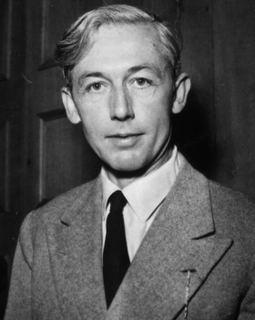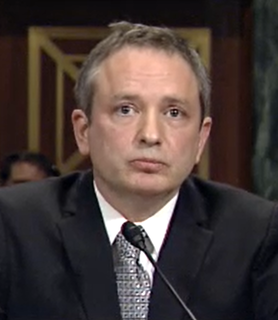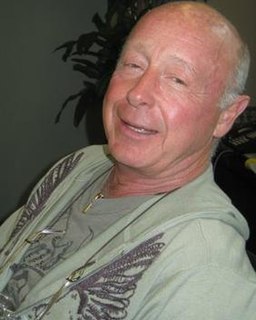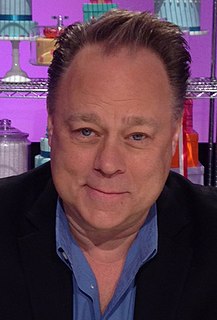A Quote by Robert Bresson
Two types of films: those that employ the resources of the theater (actors, direction, etc...) and use the camera in order to reproduce; those that employ the resources of cinematography and use the camera to create
Related Quotes
On this tenth day of June, nineteen hundred and forty, the hand that held the dagger has struck it into the back of its neighbor.... In our unity, in our American unity we will pursue two obvious and simultaneous courses; we will extend to the opponents of force the material resources of this nation, and at the same time we will harness and speed up the use of those resources in order that we ourselves in the Americas may have equipment and training equal to the task of any emergency and every defense.
The author isn't altogether certain that there is any such thing as exaggeration. Our brains permit us to use such a wee fraction of their resources that, in a sense, everything we experience is a reduction. We employ drugs, yoga techniques and poetics - and a thousand more clumsy methods - in an effort just to bring things back up to normal.
I try to express in my films things that no other art can approach. In my monster films for example, I use special effects in the same way one would use a special film stock, a special camera, and so on. Monster films permit me to use all of these elements at the same time. They are the most visual kind of film.
If you need to strap a camera to you or get in a small space, then it makes sense to use digital.I do think it is possible to use a digital camera artistically, but it can only be good if you are using film technique. Film has grain, and digital has pixels, and there is not that much of a difference, but digital does not replace the need to create a scene and light it properly and spend time considering the shot.
When you think of all the conflicts we have - whether those conflicts are local, whether they are regional or global - these conflicts are often over the management, the distribution of resources. If these resources are very valuable, if these resources are scarce, if these resources are degraded, there is going to be competition.
There is a need to employ public memory, critical theory, and other intellectual archives and resources to expose the crimes of those market-driven criminogenc regimes of power that now run the commanding institutions of society, with particular emphasis on how they have transformed the welfare state into a warfare state.






































